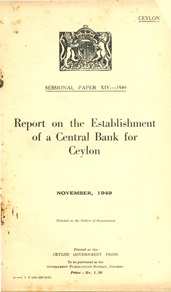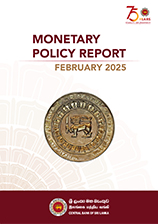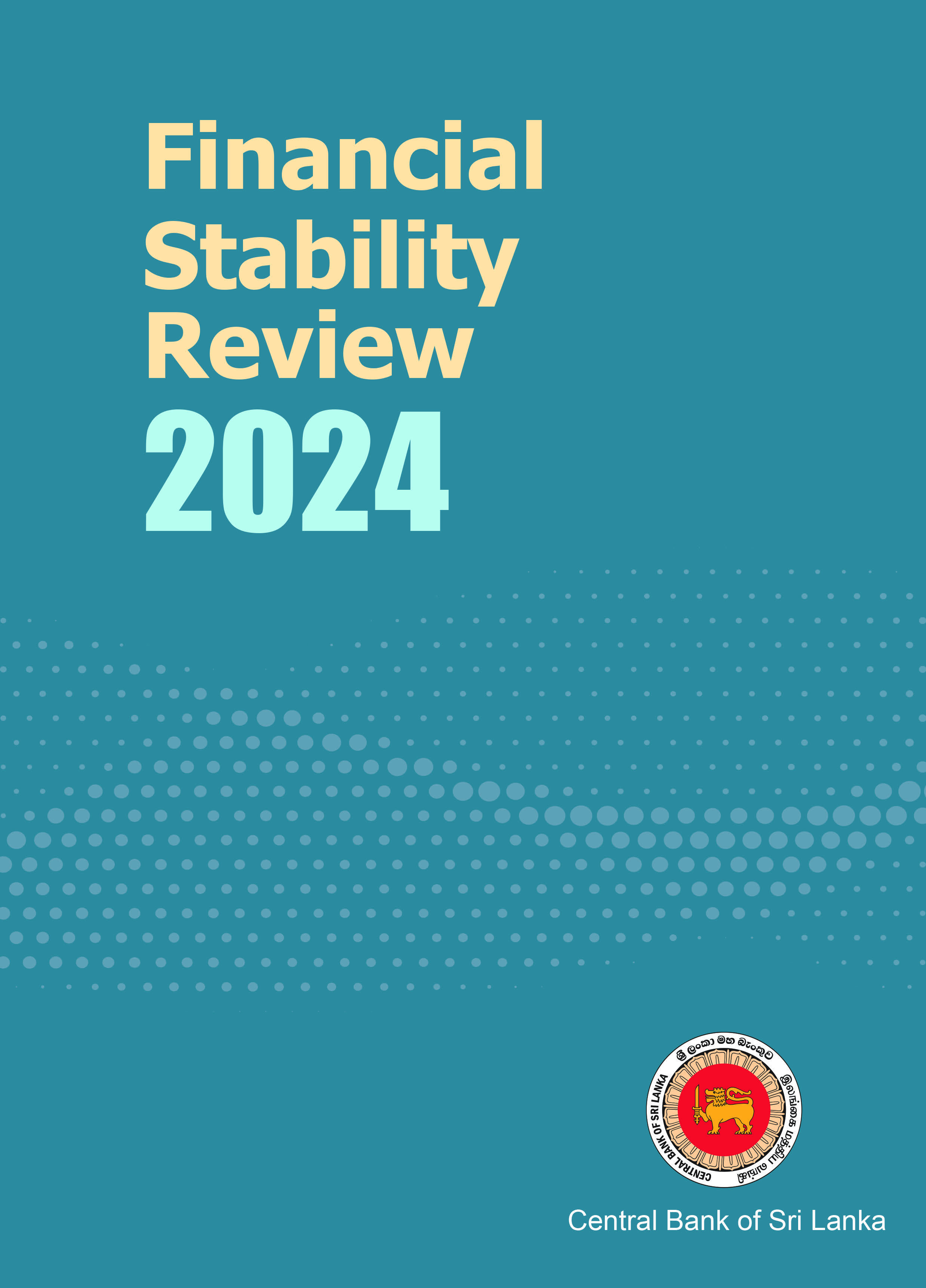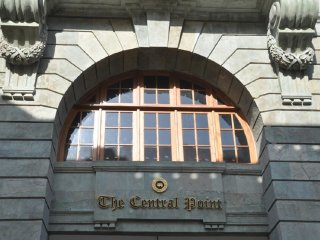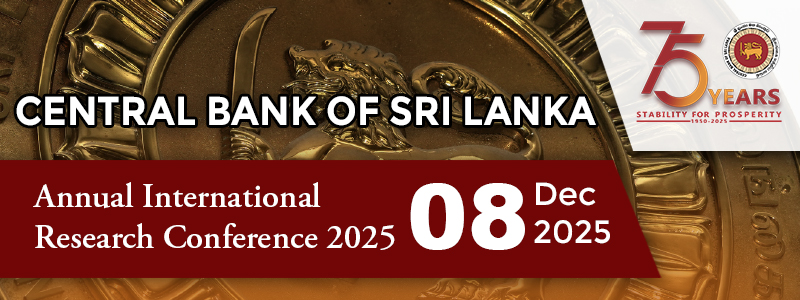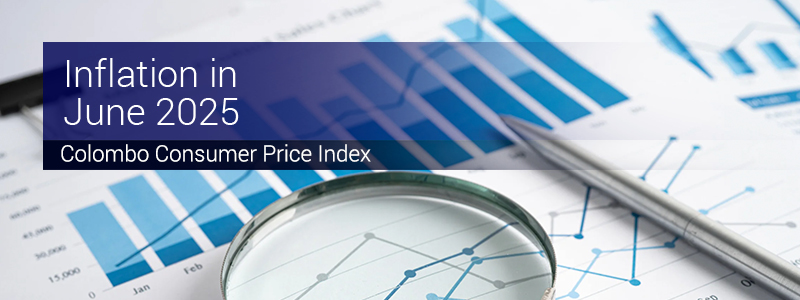Purchasing Managers' Indices for both Manufacturing and Services activities continued to expand in July 2020, compared to June 2020 benefitting from the normalising of economic activities.
Reflecting that manufacturing activities are gradually approaching the pre-COVID levels with the normalization of business activities, the Manufacturing PMI continued to expand in July 2020 recording 64.6 mainly due to the expansion in New Orders and Production sub-indices.
Services sector continued to expand for the second consecutive month with PMI reaching 51.4 in July 2020. This was underpinned by the expansions observed in New Businesses, Business Activities and Expectations for Activity compared to June 2020 indicating a further recovery in the services sector, which was affected by COVID-19 pandemic.







